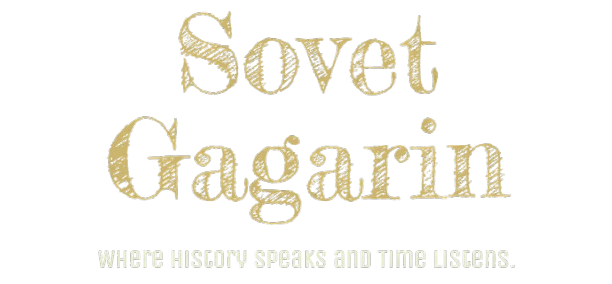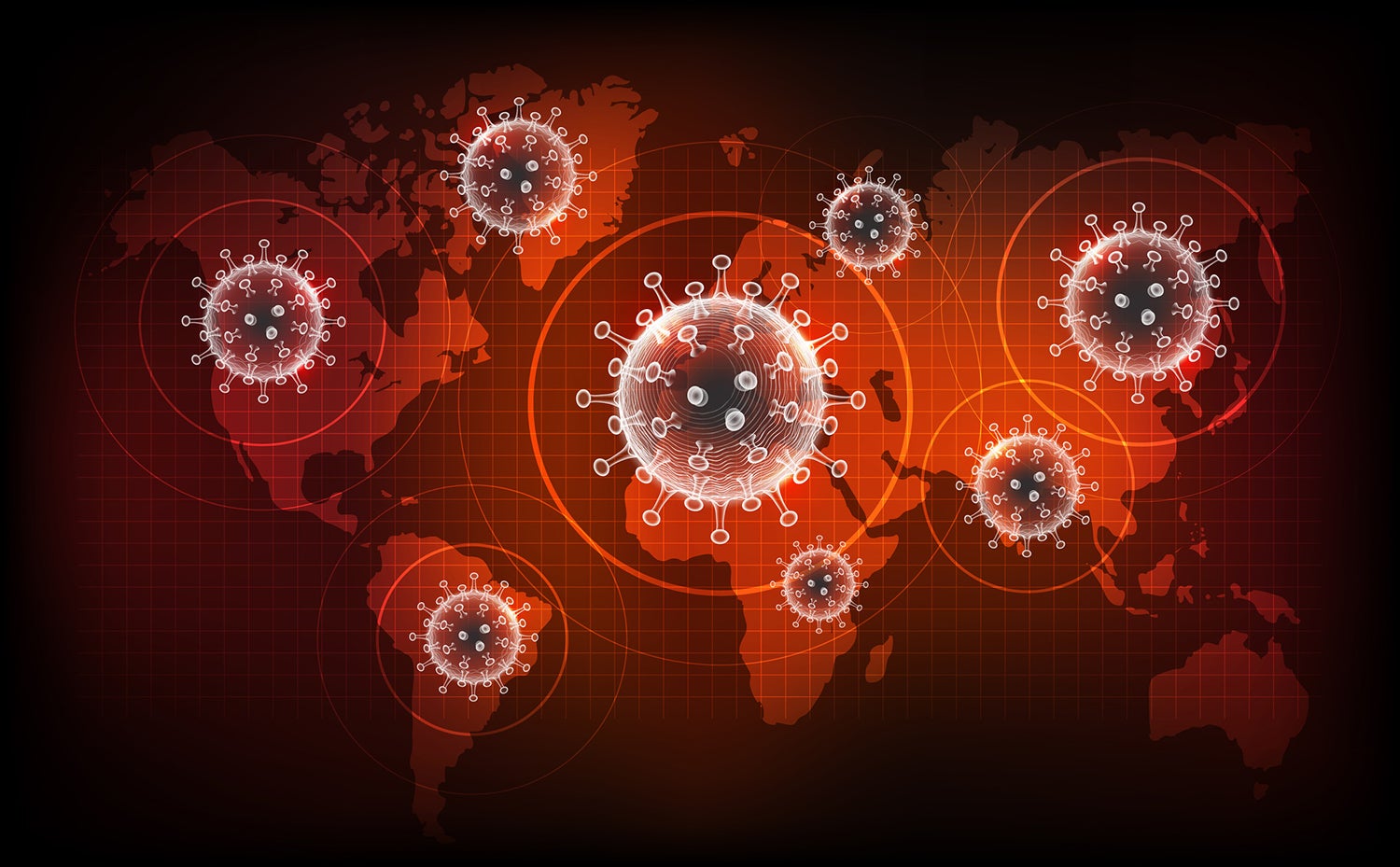The advent of the internet has ushered in a new era in global communication, connecting individuals across continents in real-time. From my experience, platforms like social media have not only facilitated personal connections but have also played pivotal roles in mobilizing social movements and disseminating information rapidly. This digital interconnectedness has transformed how we share ideas, conduct business, and engage with global events.
Experts highlight that this digital shift has democratized information access, allowing marginalized voices to be heard and fostering a more informed global populace. However, challenges such as digital literacy gaps and cybersecurity threats persist, necessitating continuous efforts to bridge these divides and safeguard online interactions. Initiatives aimed at enhancing digital education and implementing robust security measures are crucial in addressing these issues.
The credibility of the digital revolution’s impact is evident in its influence on various sectors, including education, healthcare, and commerce. Telemedicine, for instance, has expanded healthcare access, especially in remote areas, while e-commerce has transformed retail landscapes. As we navigate this digital age, it is imperative to leverage technology’s benefits while mitigating its associated risks, ensuring that global communication continues to evolve in a positive and inclusive direction.





